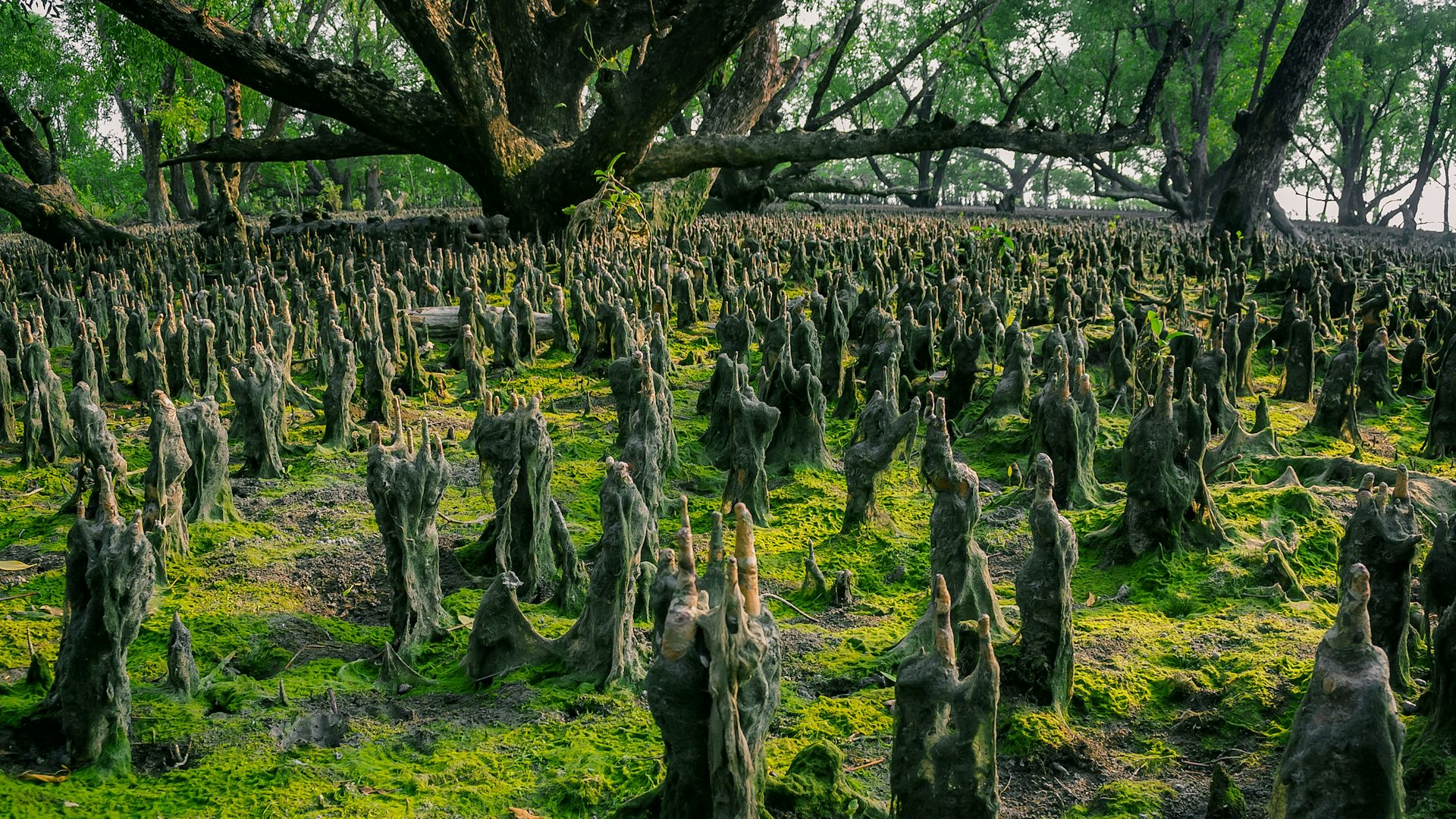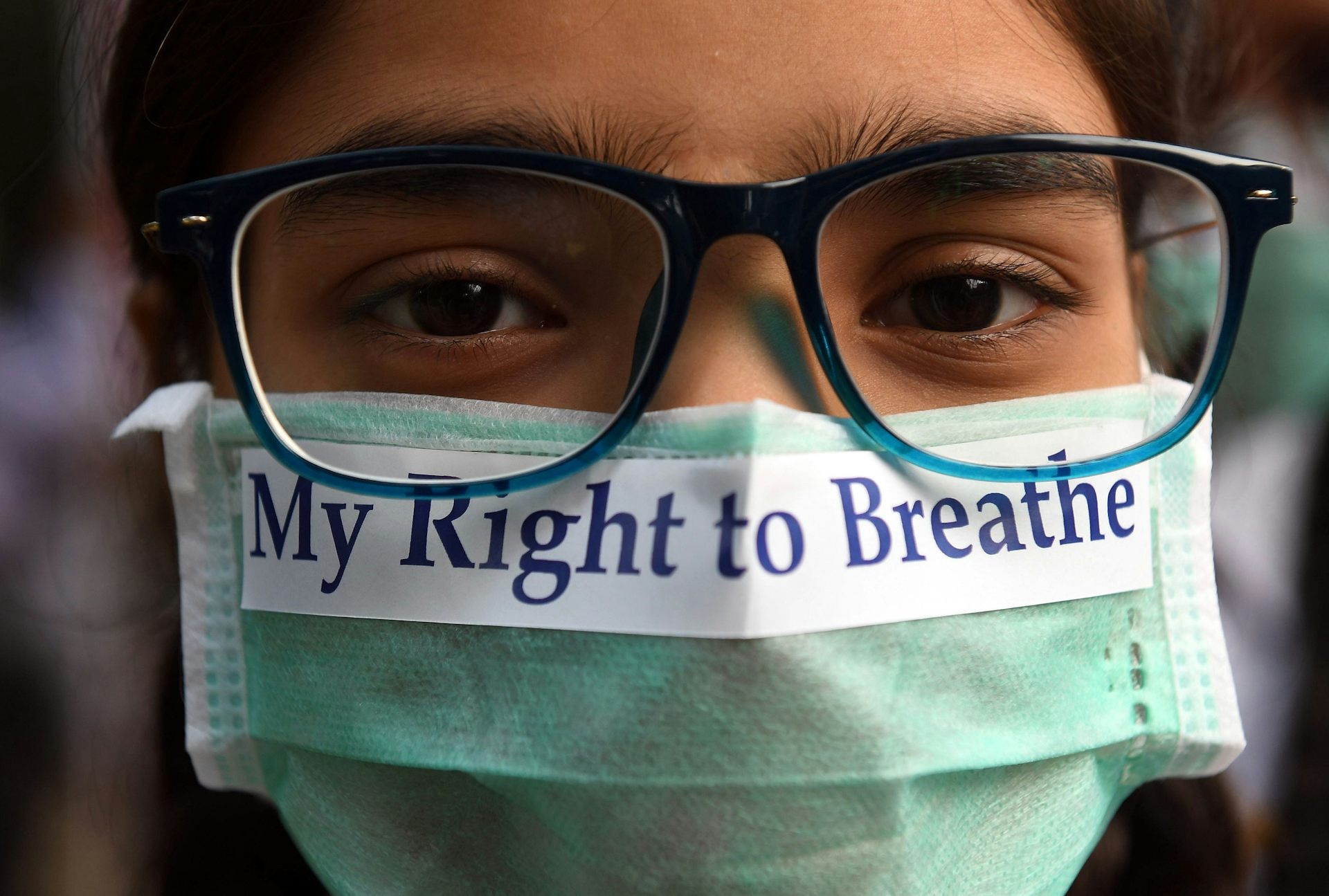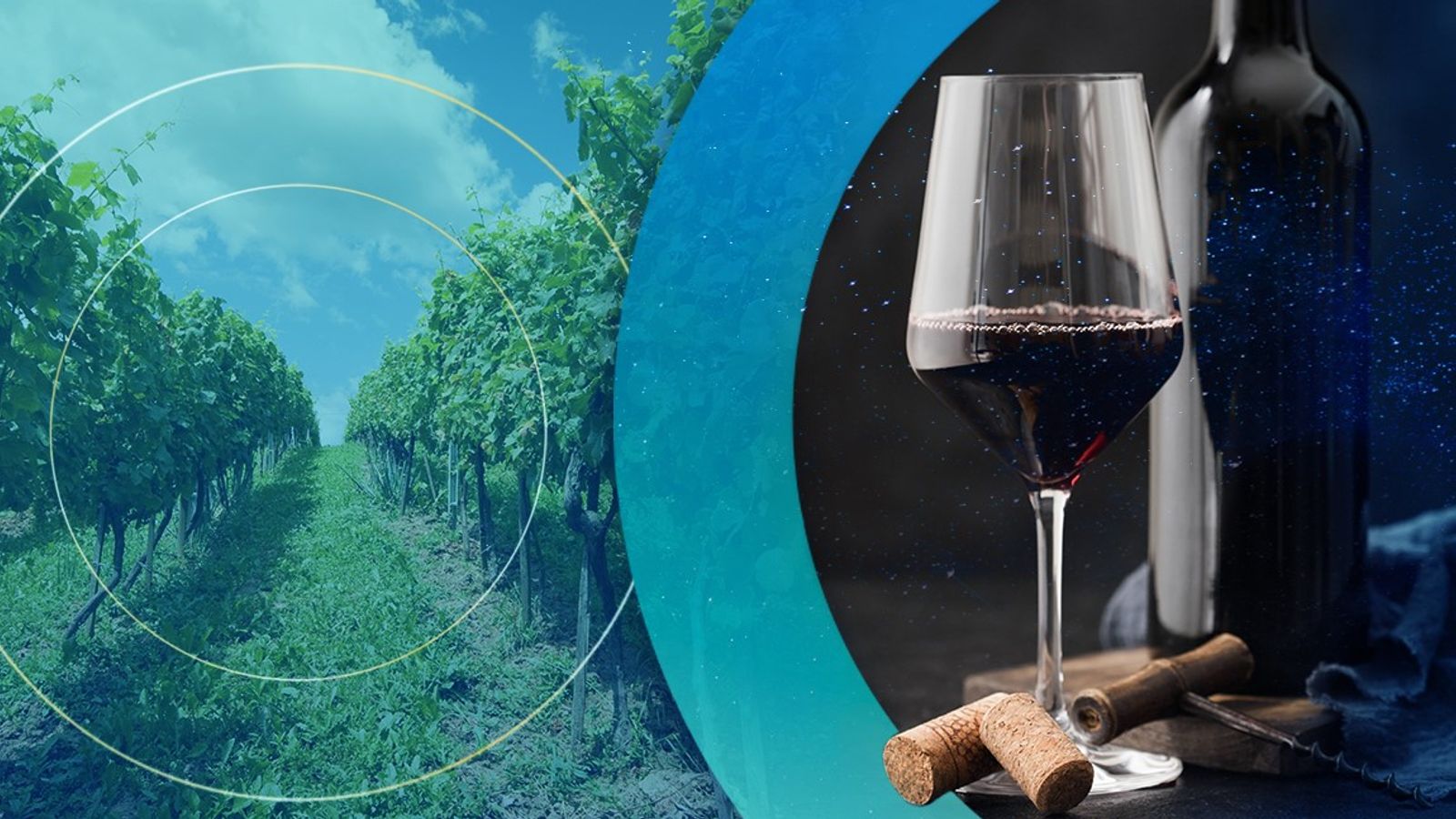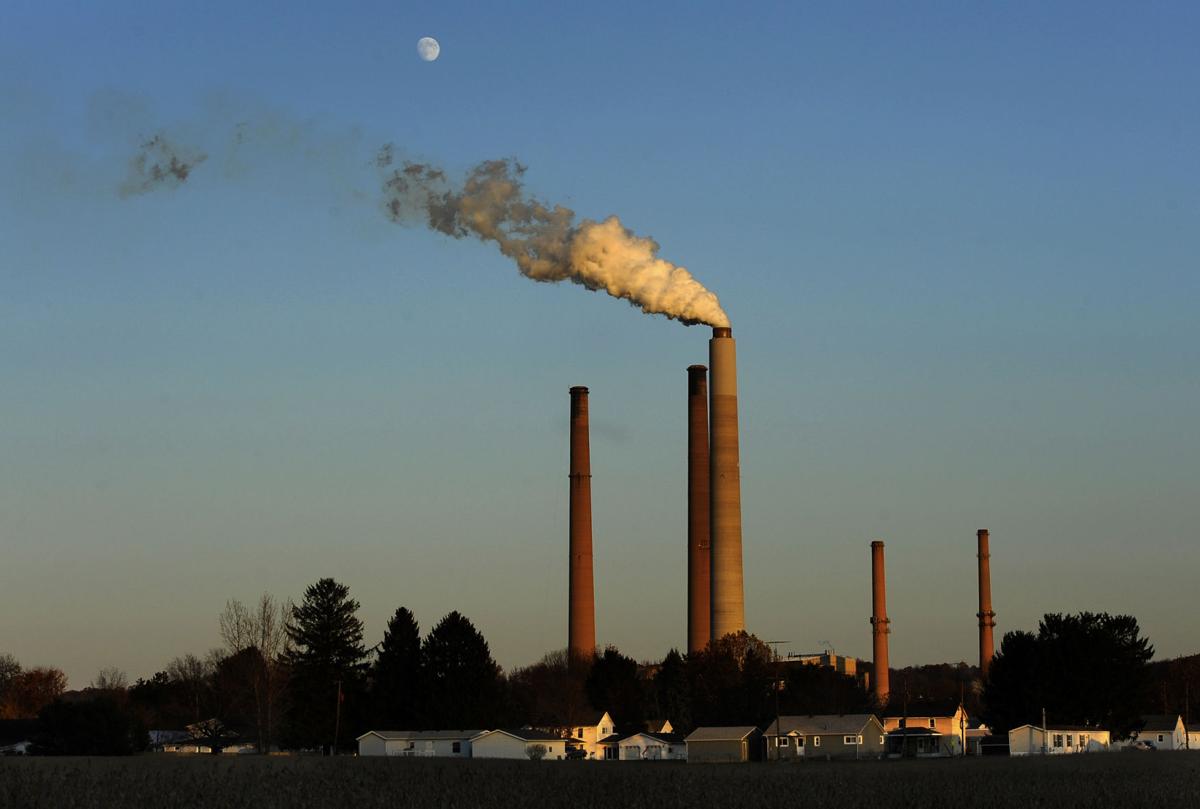Located in the low-lying islands in the Bay of Bengal, the Sundarbans straddle the border between India and Bangladesh and cover more than 1 million hectares, making them the world’s largest single contiguous mangrove swamp. A Ramsar site added to the UNESCO World Heritage list in 1987, they are home to a wide range of...
environment
The U.N. Just Declared a Universal Human Right to a Healthy, Sustainable Environment – Here’s Where Resolutions Like This Can Lead
Climate change is already affecting much of the world’s population, with startlingly high temperatures from the Arctic to Australia. Air pollution from wildfires, vehicles and industries threatens human health. Bees and pollinators are dying in unprecedented numbers that may force changes in crop production and food availability. What do these have in common? They represent...
Study Predicts Growth in U.K. Wine Production Due to Climate Change
New research reveals how climate change is likely to increase the potential for wine production in the UK – with conditions projected to resemble those in famous growing regions of France and Germany. Over the last 20 years, climate change has contributed to a growth in UK vineyard area – with more than 800 vineyards...
Extreme Weather and Climate Events Likely to Drive Increase in Violence Towards Women, Girls, and Sexual and Gender Minorities
As the climate crisis leads to more intense and more frequent extreme weather and climate-related events, this in turn risks increasing the amount of gender-based violence experienced by women, girls, and sexual and gender minorities, say researchers. In a study published in The Lancet Planetary Health, a team led by a researcher at the University of...
Covid Funding Pries Open a Door to Improving Air Quality in Schools
Many U.S. schools were in dire need of upgrades — burdened by leaking pipes, mold, and antiquated heating systems — long before the covid-19 pandemic drew attention to the importance of indoor ventilation in reducing the spread of infectious disease. The average U.S. school building is 50 years old, and many schools date back more...
California Shellfish Farmers Adapt to Climate Change
Because of their proximity to the ocean, Californians get to enjoy locally-sourced oysters, mussels, abalone and clams. Most of the shellfish consumed here come from aquaculture farms along the coast — from San Diego to Humboldt County. And because the animals are filter feeders that siphon tiny plankton out of seawater, growing them is environmentally...
Upscale Hotels Benefit from EV Charging Stations, Study Shows
Electric vehicles (EVs) are becoming increasingly important in the global effort to reduce reliance on fossil fuels, driving massive growth in consumer demand. This demand has wide-reaching impacts, particularly on tourism. In 2021, car rental company Hertz announced its plans to purchase 100,000 Tesla cars for rental. However, the charging station infrastructure needs to be...
Cutting Air Pollution Emissions Would Save 50,000 Us Lives, $600 Billion Each Year
Eliminating air pollution emissions from energy-related activities in the United States would prevent more than 50,000 premature deaths each year and provide more than $600 billion in benefits each year from avoided illness and death, according to a new study by University of Wisconsin–Madison researchers. Published today in the journal GeoHealth, the study reports the health...
Amazon Deforestation Threatens Newly Discovered Fish Species in Brazil
Smithsonian’s National Museum of Natural History researcher Murilo Pastana and his colleagues have discovered and described two new species of Amazonian fish—one with striking red-orange fins and the other so small it is technically considered a miniature fish species—in a paper published today, May 16, in the Zoological Journal of the Linnean Society. Both species inhabit waters located at...
How to Avoid Eating the World
“Just shrinking the size of our current food system won’t cut emissions much. Instead, we need to transform the very nature of that global food system.”, says Benjamin Bodirsky, researcher at Potsdam and the World Vegetable Center in Tainan, Taiwan and author of a new study published in Nature Food. “That means on the one...







